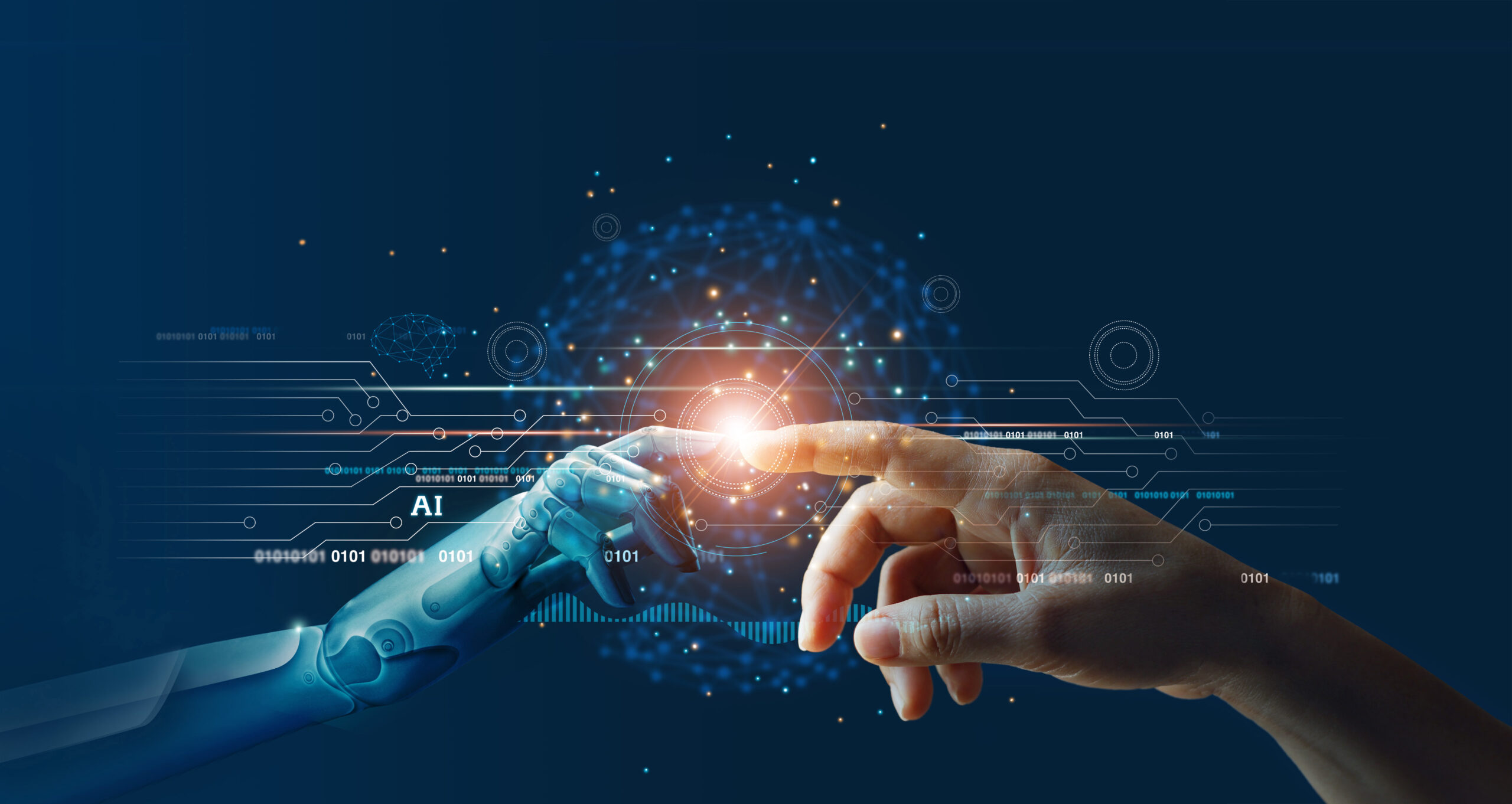Welcome to Our Research Archive
Search and filter by content type, issue area, author, and keyword
- ✕ Clear Filter
- Artificial Intelligence (15)
- Automation (1)
- book review (2)
- Charitable giving (4)
- Child Tax Credit (14)
- Child Welfare (25)
- Childcare (1)
- Civil Society (5)
- Conservatism (1)
- Cost of Living (3)
- crime (1)
- criminal justice reform (1)
- drug crisis (1)
- Early Childhood (8)
- Earned Income Tax Credit (5)
- Economic Development (1)
- Economic Opportunity (4)
- Economic Opportunity and Mobility (69)
- Economic Well-Being (48)
- Economy (1)
- Education (67)
- Election (3)
- Employment (3)
- energy (1)
- Entrepreneurship (1)
- Family (54)
- family policy (2)
- Family Structure (15)
- Farm Bill (2)
- Fatherhood (1)
- Featured (159)
- federal budget (2)
- Fertility (2)
- foster care (4)
- Fraud (1)
- Gender Gap (1)
- higher education (12)
- Homelessness (4)
- Housing (56)
- Housing Supply (3)
- Income (3)
- Joe Biden (2)
- journalism (1)
- Labor Market (1)
- Living Standards (2)
- Marriage (37)
- marriage penalties (1)
- Masculinity (1)
- middle class (1)
- millennials (1)
- National debt (1)
- New York (10)
- opportunity (3)
- opportunity and social mobility (3)
- Parenthood (4)
- parents (3)
- poverty (18)
- Presidential Election (6)
- Race (1)
- Regulation (1)
- Religion (3)
- Safety Net (8)
- SNAP (4)
- Social Capital (17)
- Social Media (2)
- Society and (1)
- Society and Culture (49)
- State Policy (1)
- substance abuse (1)
- substance use (1)
- Success Sequence (4)
- Tax & Transfer Policies (12)
- technology (2)
- Technology and Innovation (1)
- Temporary Assistance for Needy Families (TANF) (1)
- Trends and Measurement (3)
- Unemployment (1)
- Unemployment Insurance (1)
- Urban policy (2)
- Utah (3)
- Welfare (18)
- Workforce (8)
- Workforce Development (19)
- Zoning (4)

February 20, 2024
Planning a Career in the Age of AI
After decades of industrial robots, factory layoffs, and outsourcing, automation has finally arrived in the cubicle. A recent Wall Street Journal article spotlighted how the new “robots for the mind”—the complex algorithms and language models of generative AI—are creating rising uncertainty in the professional class. In the past, automation has generally been more of a concern for blue-collar workers, especially those in the…

January 31, 2024
Perspective: The ‘social workplace’ and why it matters to Zoomers
Social connections are increasingly as important as pay to younger workers. A mission-led workplace can help In his 1759 book “The Theory of Moral Sentiments,” Adam Smith observed that human sociality is the taproot of economics. The instinct to “truck, barter and exchange,” Smith argued, arises out of our need for others and is the…

January 12, 2024
Get Ready for AI-Driven Skill Democratization
For decades, automation has been a rough road for middle-skill workers. These jobs used to provide plentiful, family-supporting employment opportunities for those with only a high school education or even less. Robotics and, to a lesser extent, trade dramatically reduced the number of middle-skill jobs leading to what economists called a “polarized” labor market: many high-skilled and low-skilled…

December 14, 2023
Perspective: What Flexibility Means for Younger Workers — and Their Employers
Just about all workers say they want flexibility. But older and younger workers differ on what this means. As we think about the future of work, it’s clear that workers need to have the skills to help them adapt to rapidly changing technology. Many of the jobs today’s young adults occupy didn’t exist 50 years…

December 4, 2023
A Pro-Market and Pro-Social Economy
In The Next American Economy (2022), Samuel Gregg provides a refreshing defense of free markets, emphasizing the need to frame the case for economic liberty within a broader narrative about America’s values and identity. We need this book to help reframe the disagreement over trade protectionism and industrial policy. Gregg opens by examining the alignment between former President Donald Trump and Senator Elizabeth Warren on the need for greater government regulation of the economy….

November 8, 2023
Perspective: The 4-Year Dividing Line
New survey shows the compounding benefits of college degrees. Here’s how to help those without degrees to catch up When it comes to jobs and work, the past three years have been among the most tumultuous in decades. From mass layoffs in the early phase of the COVID-19 pandemic to surging reemployment and wages as the country…

August 28, 2023
Here’s a Kind of Job-Training Program That Works
JOB-TRAINING AND WORKFORCE-DEVELOPMENT programs have long been plagued by weak wage and job-persistence outcomes. Since the United States spends markedly less on these types of programs than do other developed nations, it’s reasonable to ask whether the weak outcomes are a function of the programs or the funding. Likely, it is a combination of both. The good…

March 31, 2023
AI and the Future of Work: Preparing the Workforce for an AI-Driven Economy
AI is best positioned to augment the workforce, not replace it. The U.S. Chamber’s Commission on Artificial Intelligence Competition, Inclusion, and Innovation report outlines recommendations for preparing the workforce for the continued integration of AI tools across our economy. To paraphrase Mark Twain, reports of the “end of work” have been greatly exaggerated – more…

January 19, 2023
Labor Unions and the “Double-Helix” of America’s Workforce Development Future
The role of labor unions in the future of American workforce development depends largely on how we conceive of the needs and demands facing workers and the economy. Traditionally, we’ve thought of workforce development in terms of formal, technical skill development and the so-called “skills gap,” the difference between the credentials and skills our training…